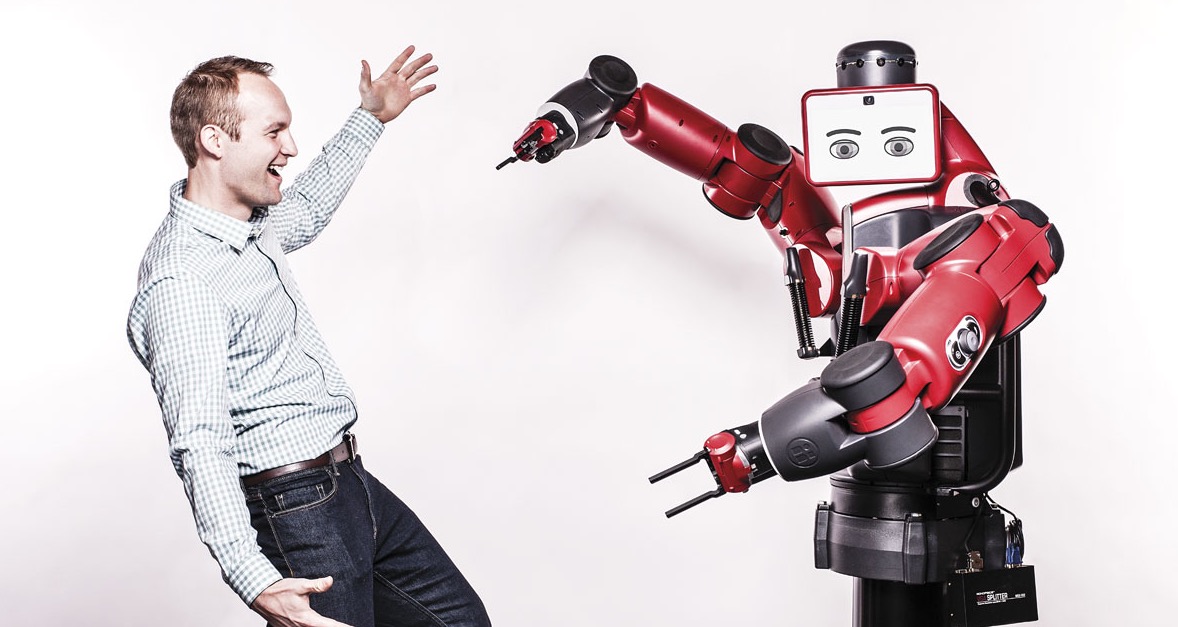
Up until very recently, I used to think it was a ridiculous idea for robots to have rights. You can even hear me say that on a recent Future Sandwich podcast I was featured in.
But, I’ve changed my mind. And here’s why.
The incredible science fiction TV series Westworld is solely responsible for this change of heart. To avoid spoilers for those who haven’t seen it (and I highly recommend you do), it is set in a time when robots are very much like humans. It reminded me of one important thing: Our own behaviour is the only thing we can truly control. The way we act is all important, and it isn’t just a reflector of the world around us, but ultimately the director. Let’s run a thought experiment and consider a few consequences of robots not having rights:
- What if robots get to a point where they can actually feel pain?
- What happens if we can’t tell the difference between a robot? What are we really hurting?
- What if people merge with certain technologies or robots? Do only certain parts of the ‘thing‘ have rights?
- What if others own or control software in our bodies? Does the software have rights? Who has the rights over the technology – the host or the licensor?
- What if some one got tricked to destroy a robot, but then it turned out to be a human?
But most of all, how will disregarding the things around us, impact what we become? We are the sum of our actions, and the truth is our behaviour bleeds into all aspects of our lives and how humanity behaves. If ever there was a time to consider the seemingly ridiculous, then this is it.
During a technology upheaval, where new possibilities astound us, being able to change our minds is something we all need to get better at.
Blog readers in Melbourne – I’m inviting you as a reader to The Lessons School Forgot – Live – to celebrate the launch of my new book.
Hope to see you there, Steve.


